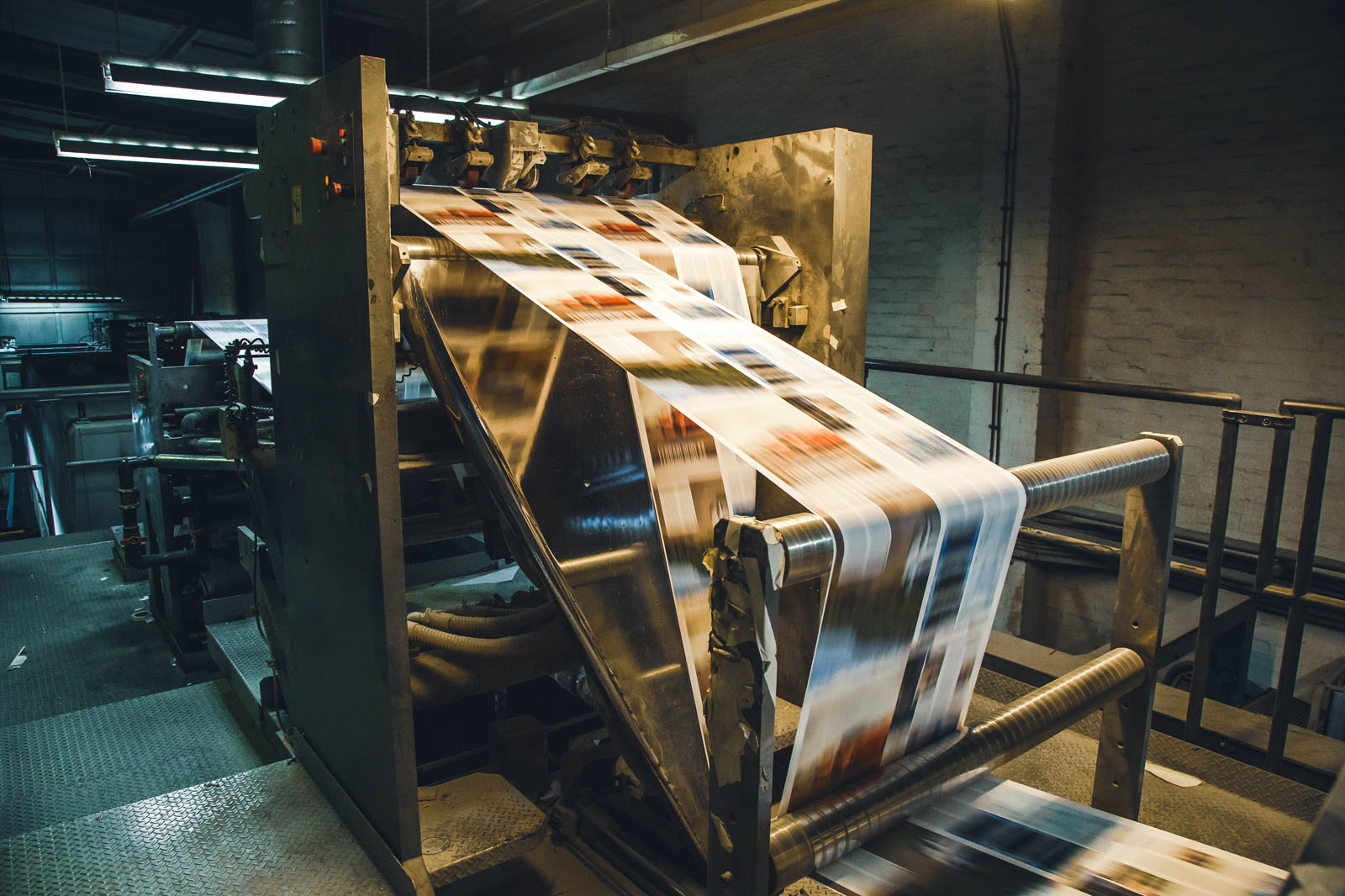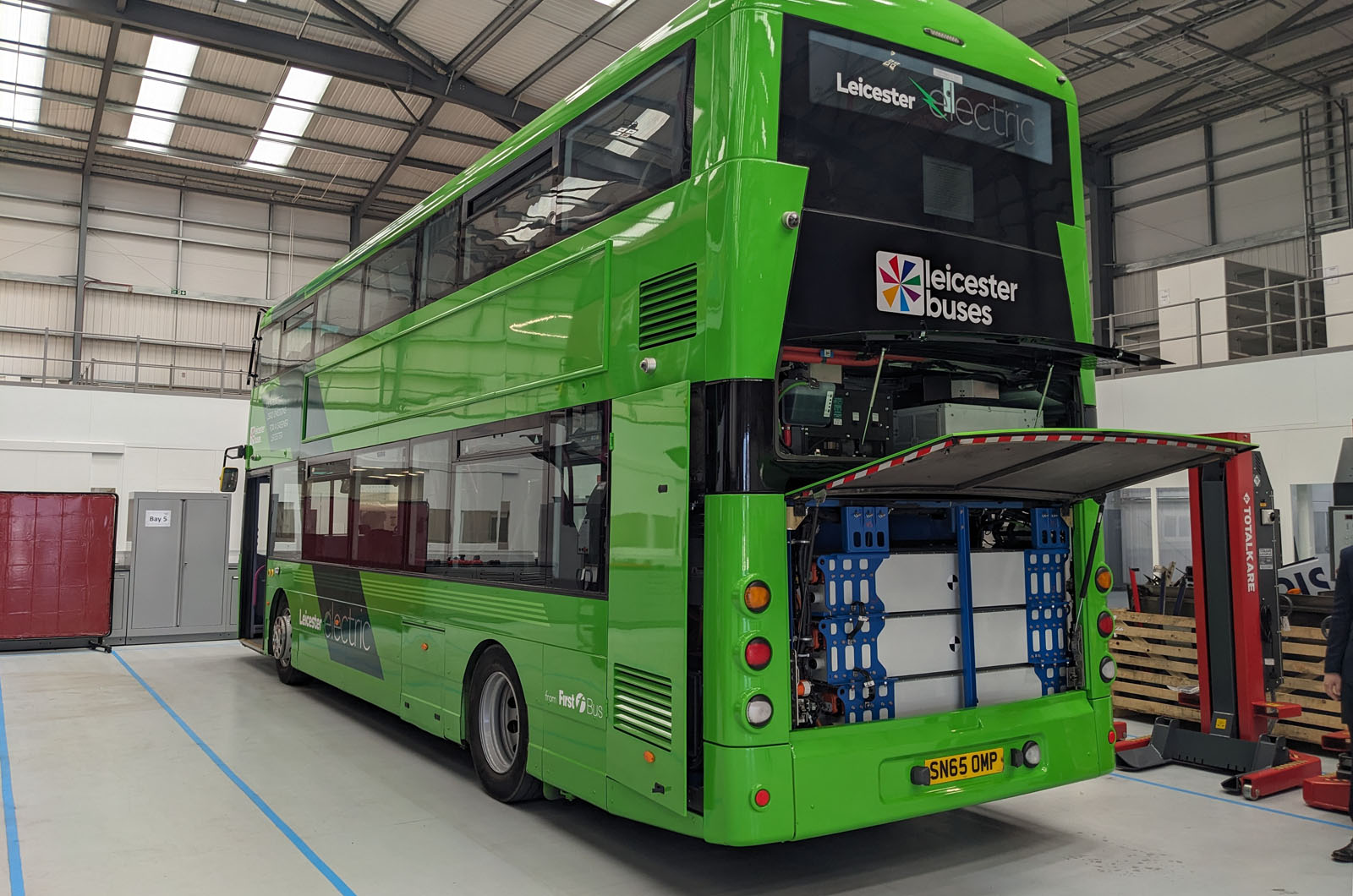It’s Shah’s job to bring order to the chaos, dictating the firing order of magazine pages and seeing them over the finish line.
“We’ve done it long enough together to know how much time each task takes and whether we are behind or ahead of schedule,” says Shah. He explains that the magazine pages are sent to the printers digitally in various sections, each with a different deadline on press day at the end of the week, the last of which containing news stories that are inevitably subject to eleventh-hour changes.
“The printers will give us a bit of leeway, but we can’t miss our print slot, so if we’re running more than a few minutes late, the phone will start ringing. That said, we don’t want to miss out on a big story, so a conversation with the editor will take place about the logistics of squeezing it in and a judgement call has to be made.”
In part for the sake of his own sanity, Shah plays a key role in the process of ironing out any errors. Along with chief sub-editor Kris Culmer and special contributors Peter McSean and Tim Dickson, it is his job to ensure each story nails the brief, reads well, is faithful to Autocar’s style guide, is legally sound and is factually accurate – there are rather a few facts and figures in each issue of Autocar – with the entire editorial team chipping in to fill any knowledge gaps. Picture captions and headlines are then added – some straight, some (we hope) witty.




